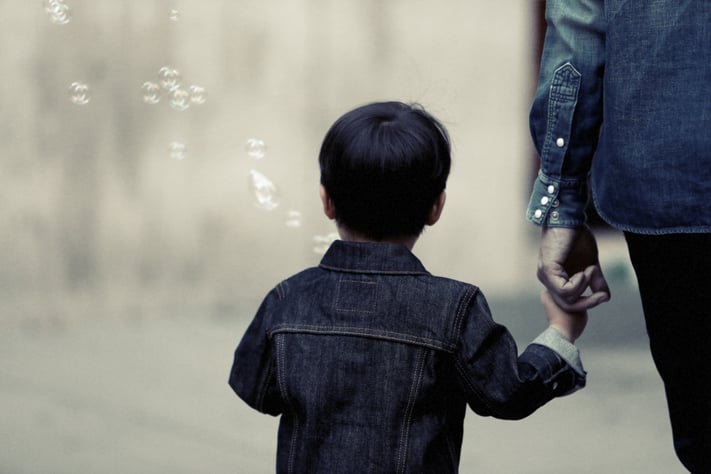
When my husband and I decided to start a family, I read books on pregnancy and parenting. I read everything from “What to Expect While you’re Expecting”, to “What to Expect the First Year”, Dr. Spock’s books on Childcare, and Adele Faber’s books on “How to Talk so Kids will Listen”. The resources were limitless. But where do you go for advice on parenting when the disease of alcoholism and drug addiction is present in your family?
I wasn’t aware of how my experiences growing up in a family where alcoholism was present would affect my thoughts and actions around parenting my own children. I knew what behaviors I didn’t want to repeat, but I didn’t know how to model positive parenting to make a difference in my children’s lives. I didn’t have the necessary tools. Thank goodness Jane Nelsen, Riki Intner & Lynn Lott partnered to write a book that guides parents who are in recovery. Their book, titled “Positive Discipline for Parenting in Recovery”, provides examples and ways of responding that build trust, create structure, and improve communication.
The authors refer to the 3 challenges which Claudia Black first identified in families who are dealing with alcoholism and drug addiction. They are; “Don’t Talk, Don’t Feel, and Don’t Trust”. It makes sense that a good place to begin the healing process is by creating an environment where family members feel safe to talk about their feelings. They offer guidelines in order to create such an environment, including focusing on progress, not perfection.
The authors acknowledge that perfect parents simply don’t exist. Everyone is doing the best they can with what they have. The first key to success in learning any new skill is to expect that we are going to make mistakes. It’s what we do with our mistakes that either nurtures growth or feeds our negative self-talk. By including children in this process, and modelling the process relayed in the book for handling mistakes, they learn that it’s okay to not be perfect. They begin to see that mistakes help us to learn and grow.
The book also addresses the issues of guilt and shame that are often present for parents in early recovery. There are life stories from other parents who have had to respond to situations that are familiar to families who are working on their own recovery and are making changes to improve relationships with their children. The thing I like most about this book is that it correlates nicely with what I’ve learned from the Big Book of Alcoholics Anonymous: we are encouraged to practice the principles of the 12 Step program in our homes, with our code of conduct being one of love and tolerance.
The authors remind readers that change is gradual and this isn’t an overnight job. All family members are encouraged to educate themselves on the disease of alcoholism and drug addiction. Start where you are and focus on practicing one skill at a time, and above all else “Keep It Simple”.




/Staff%20Photos%20-%20Circular%20(2018)/Chris%20Nehotte%20-%20circle.png?width=100&height=100&name=Chris%20Nehotte%20-%20circle.png)
